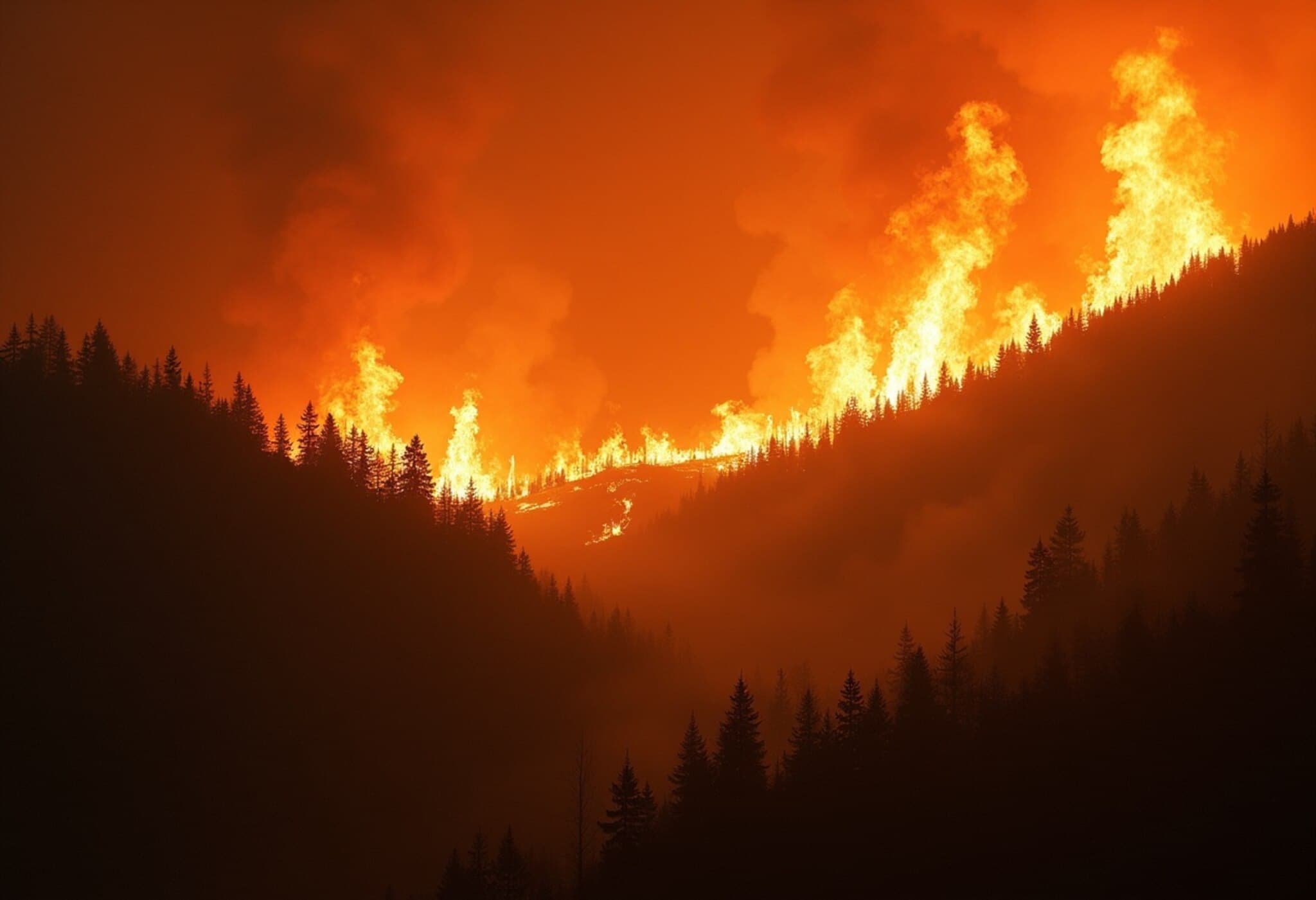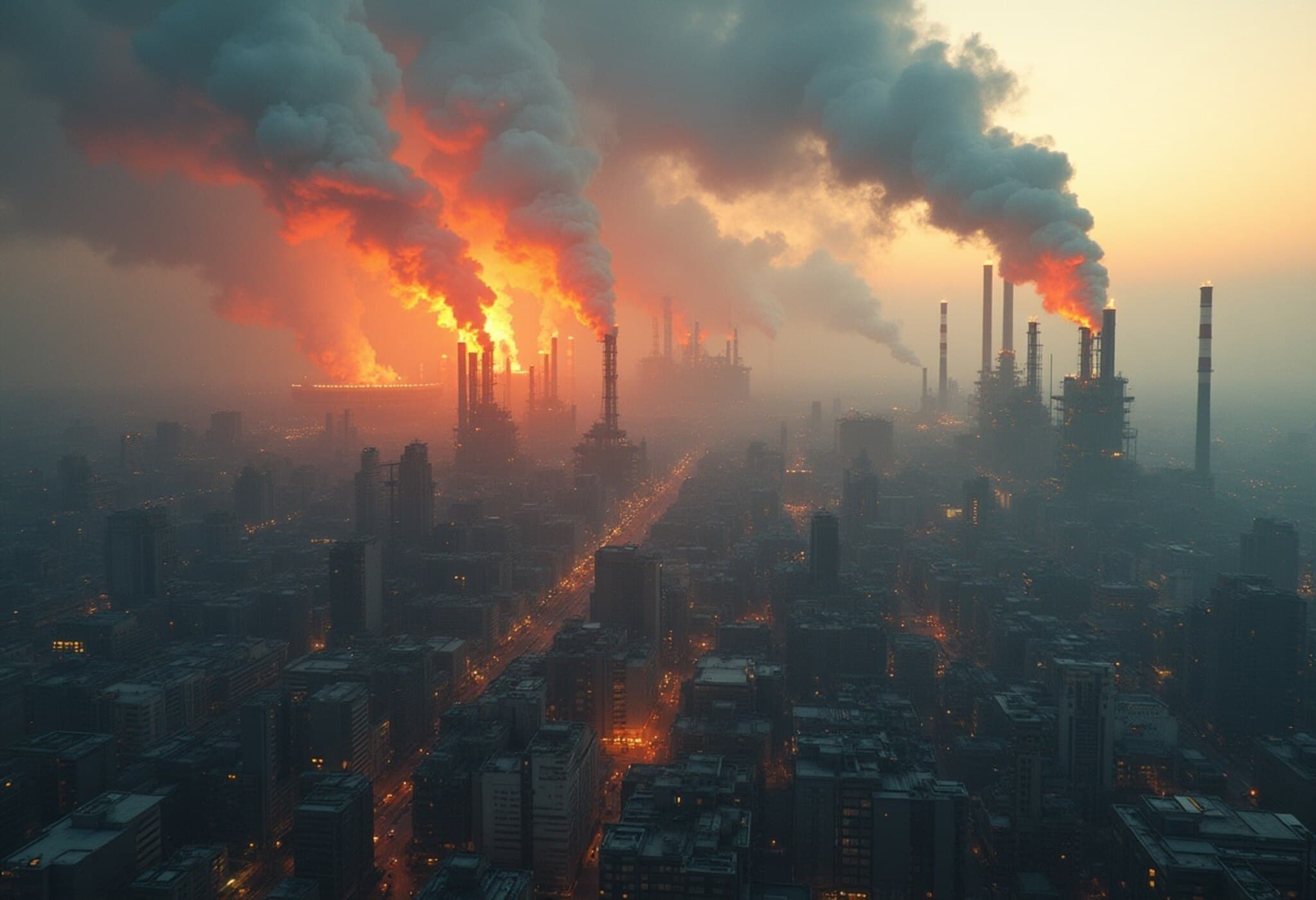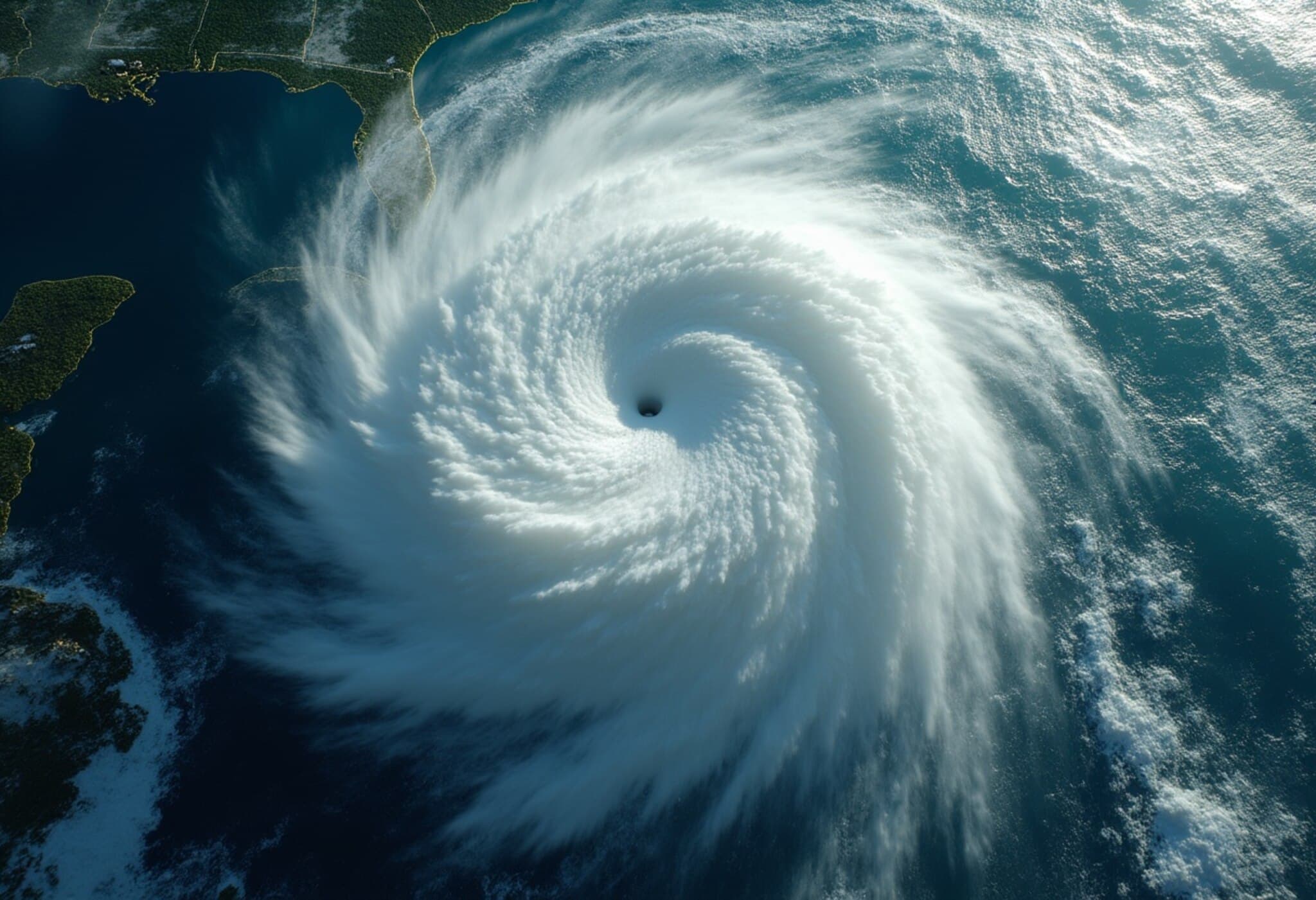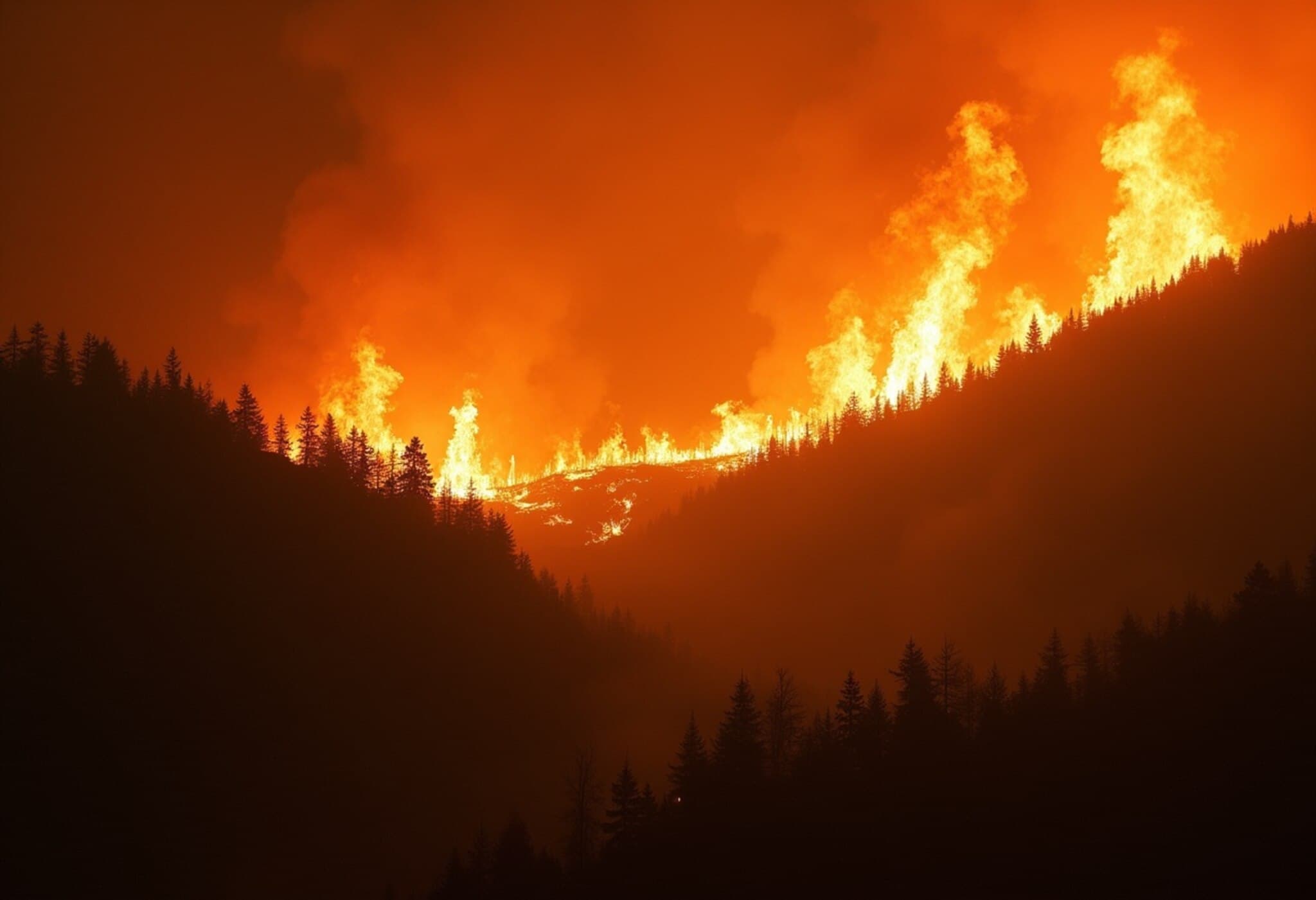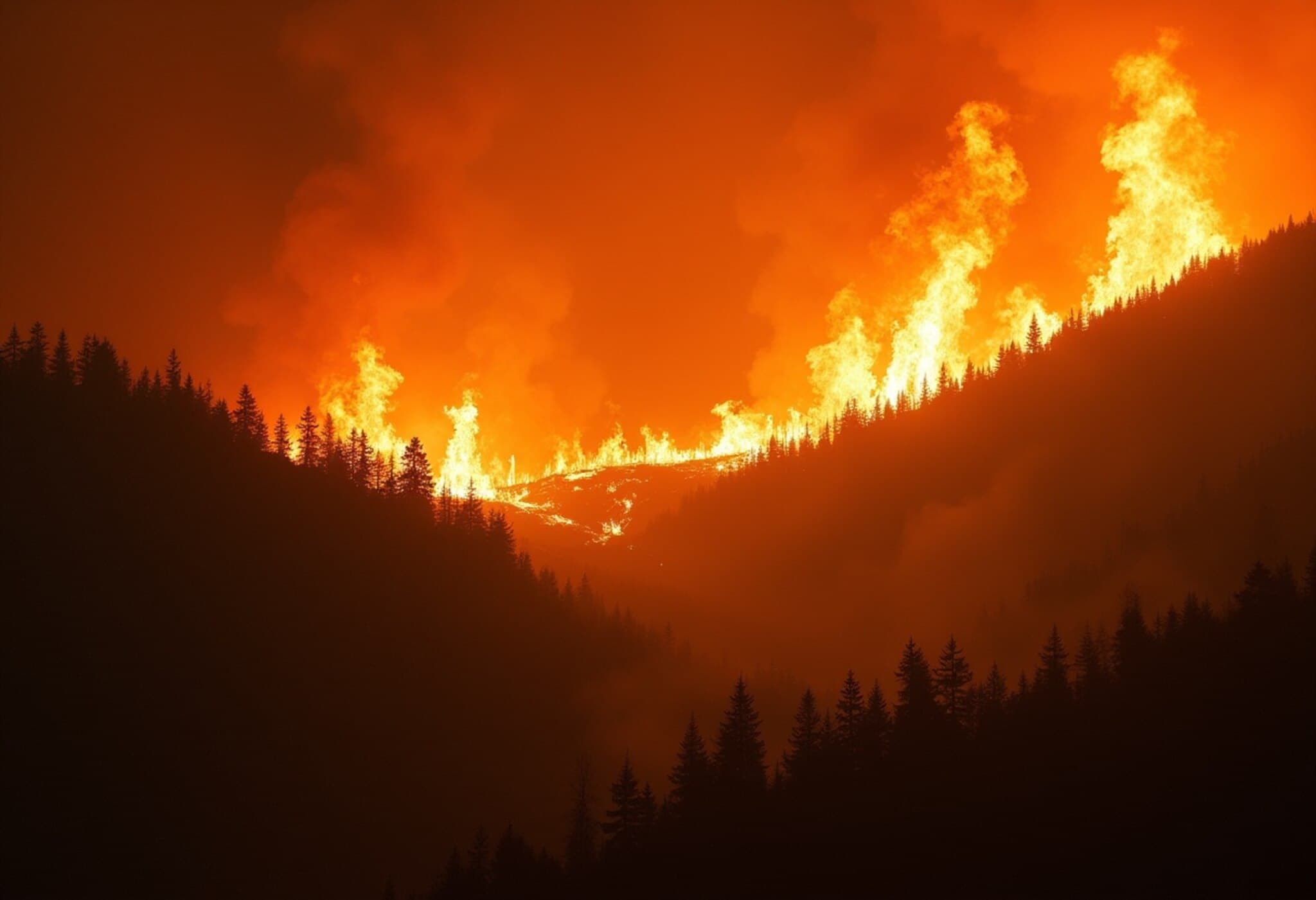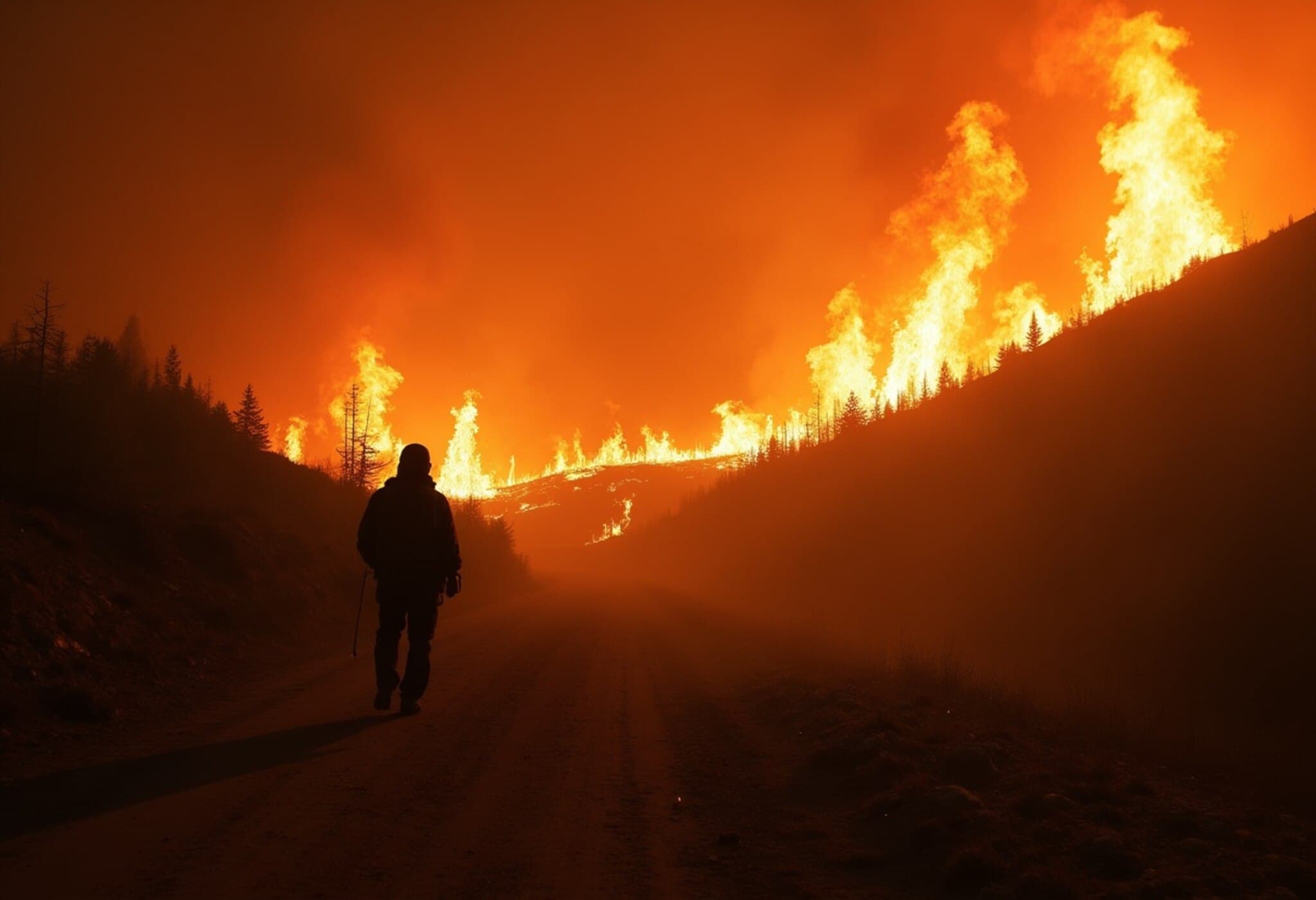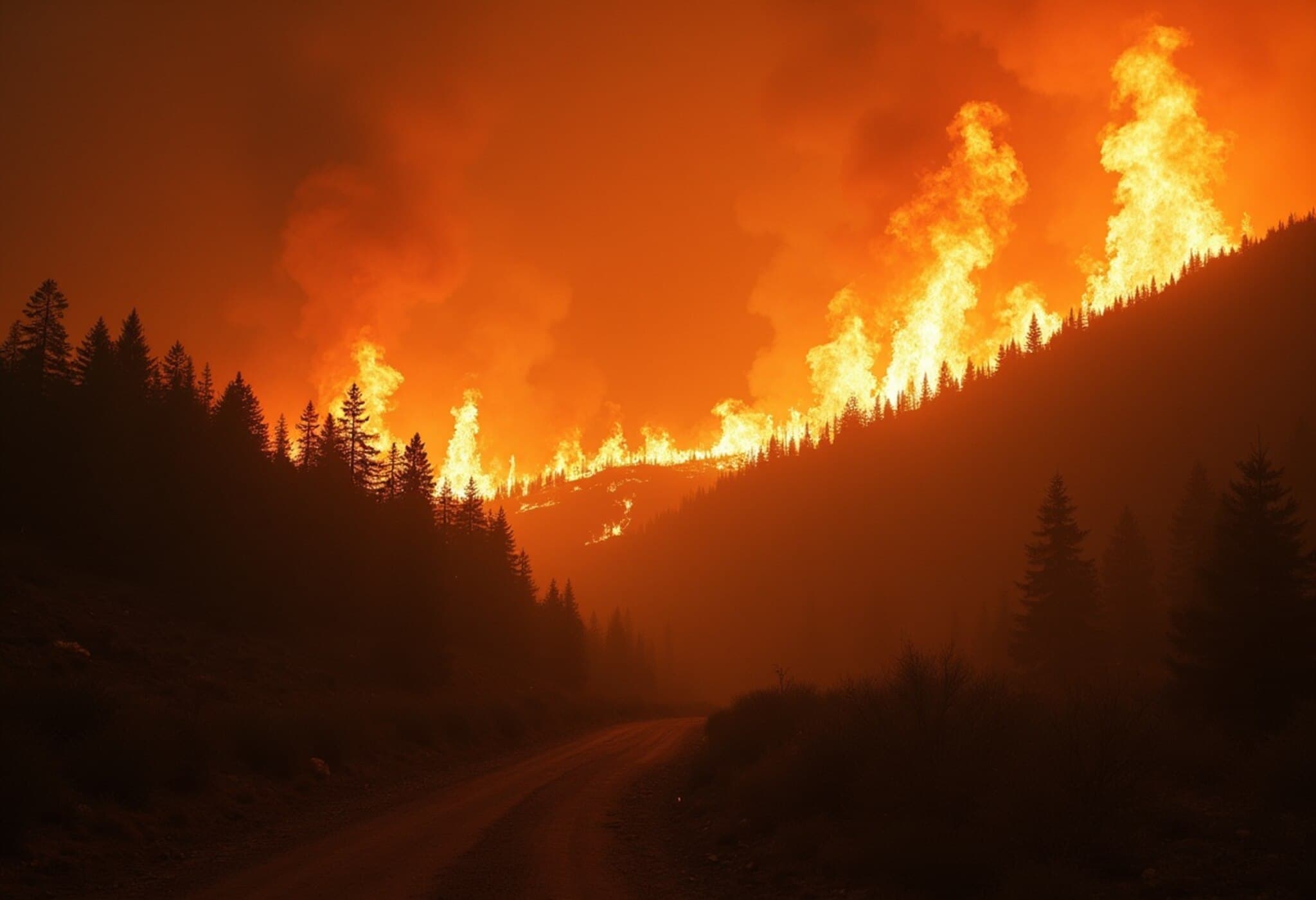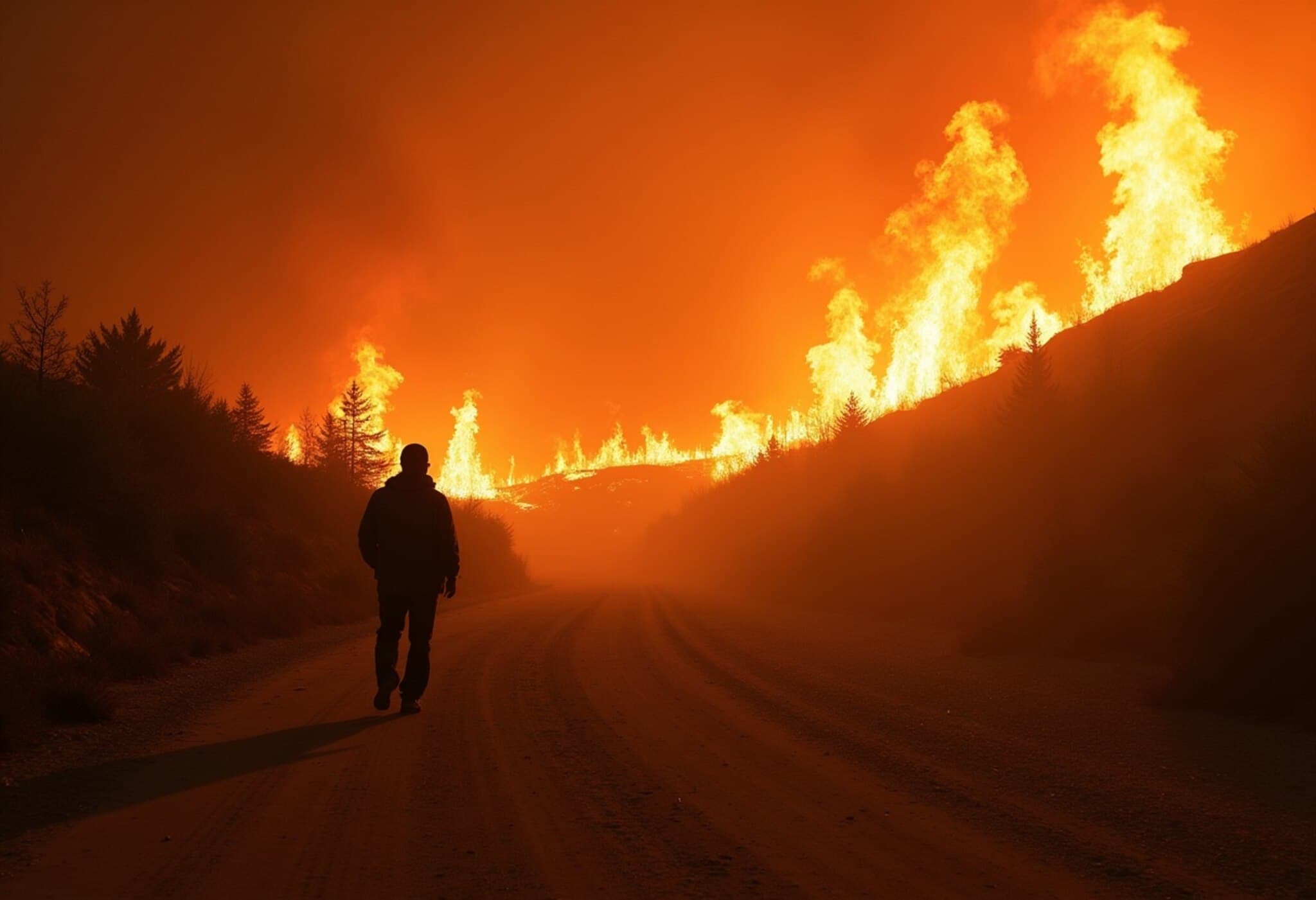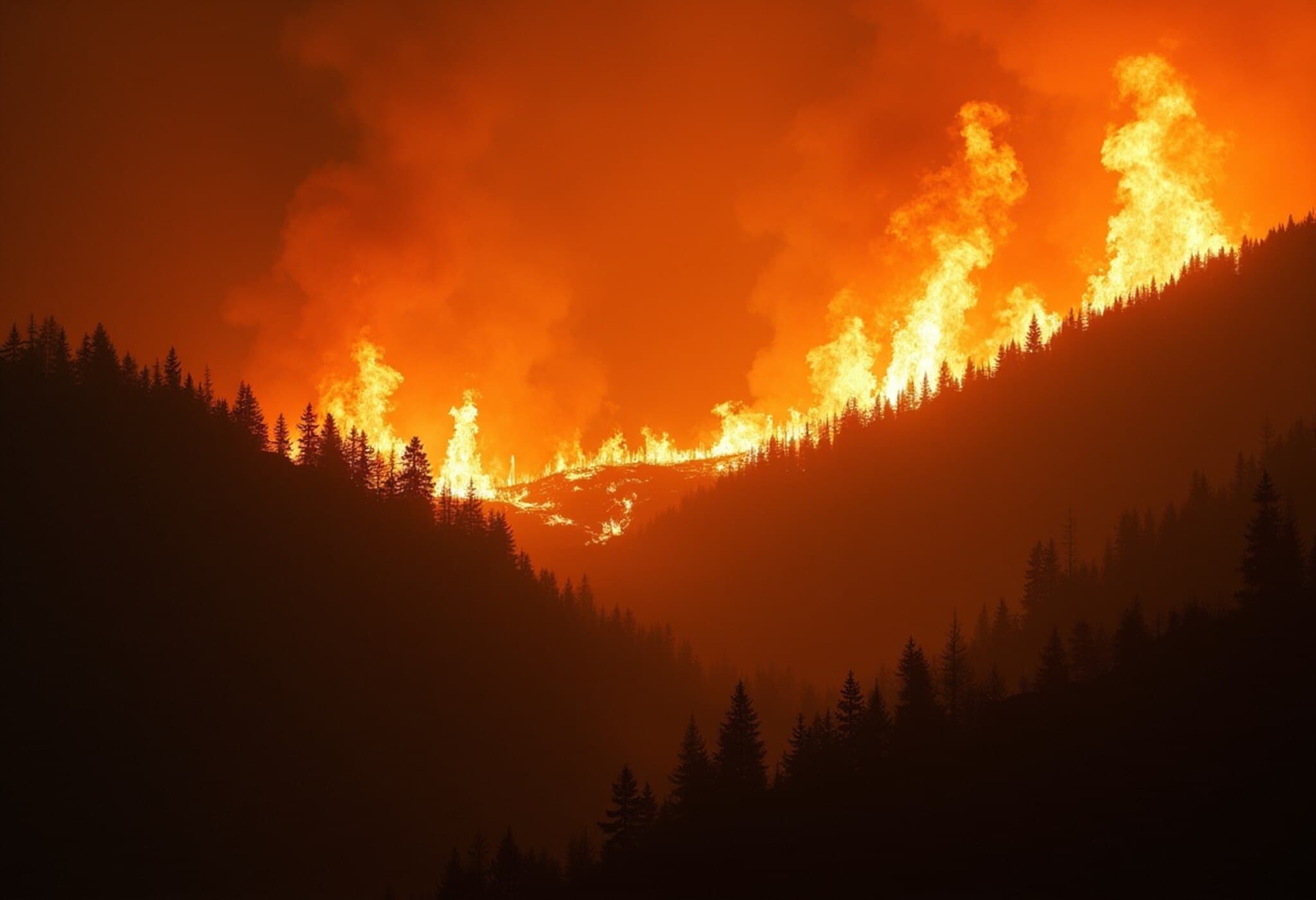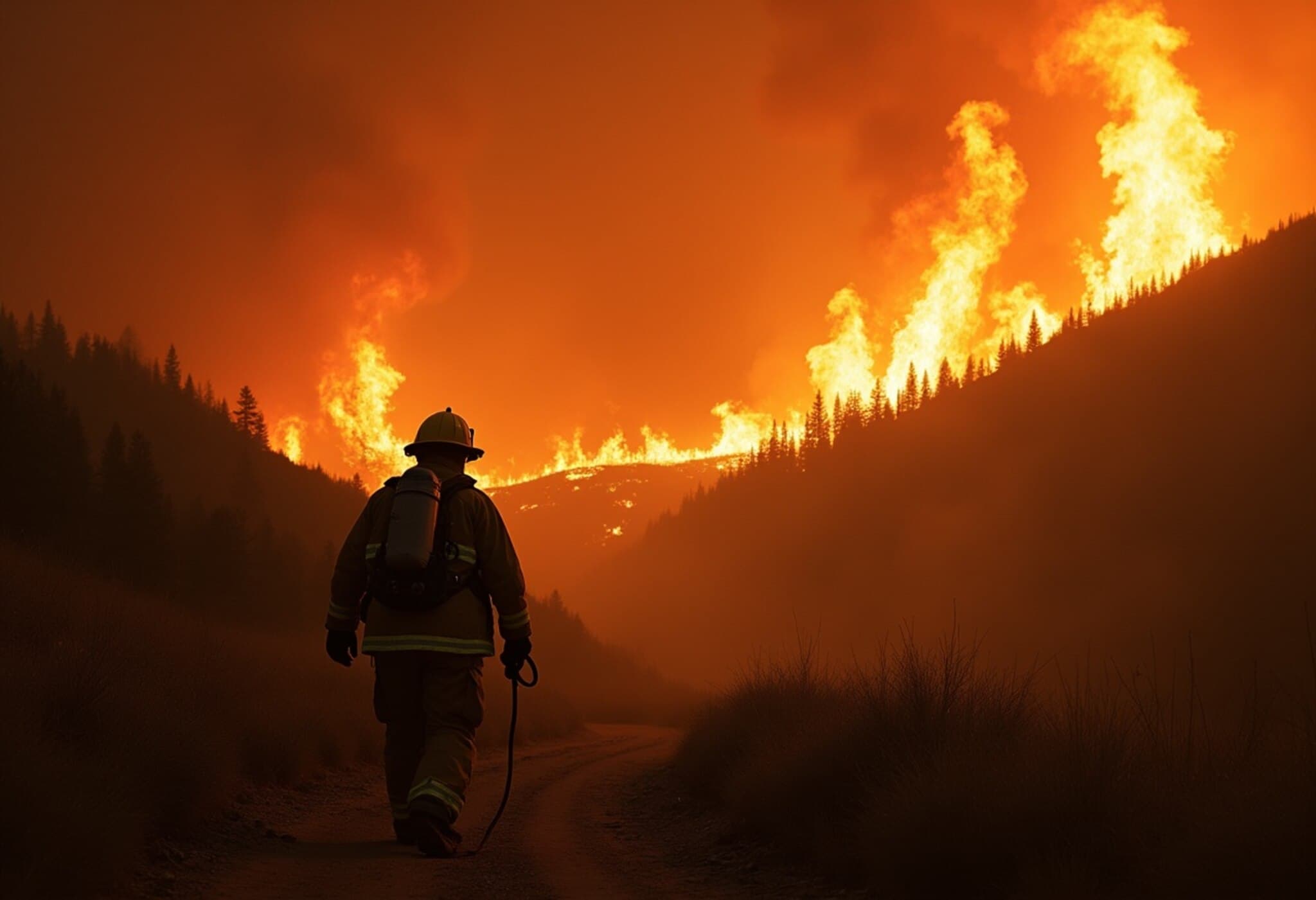Deadly Wildfires Ravage Southern Europe as Heatwave Peaks
At least three people lost their lives and thousands were forced to flee as devastating wildfires swept through southern Europe amidst a relentless heatwave. Countries including Italy, Spain, France, Portugal, and parts of the Balkans have been gripped by soaring temperatures exceeding 40°C (104°F), sparking red heat alerts and widespread emergency responses.
Fatalities and Emergency Evacuations
Tragic losses have marked the scene: a Spanish equestrian center worker in Tres Cantos, north of Madrid, succumbed to injuries sustained while attempting to save horses from flames. In northwestern Spain’s Castile and Leon region, another man fighting the fires died, and in Montenegro, a soldier perished after a water tanker overturned during firefighting efforts near Podgorica.
Additionally, a heat-related death of a child was reported in Italy, underscoring the deadly human toll of these combined climate disasters.
Massive Displacement and Damage
Thousands evacuated from homes and hotels, including nearly 2,000 individuals near the popular Andalusian beaches of Tarifa, as fires inch dangerously close to residential areas. Emergency services have worked tirelessly to contain the blazes, with some neighborhoods reportedly saved “at the last second,” according to local officials.
Wildfires have also threatened heritage sites, prominently the UNESCO-listed Las Médulas in Castile and Leon, famed for its ancient Roman gold mining ruins. Regional leaders have pledged swift restoration efforts once the fires subside.
Record-Breaking Temperatures and Alarm Bells for Europe
Recent days have seen record-breaking heat shatter previous highs across southern France, with extensive heat alerts covering over three-quarters of the country. Long stretches—up to two weeks—of unrelenting heat have intensified drought conditions, with July drought levels reaching the highest recorded since 2012.
The combination of heat, dryness, and fierce winds has created a near-perfect storm for widespread, prolonged wildfires. Italy’s major cities, from Rome to Milan and Florence, have been placed on red alert, emphasizing the severity of the crisis.
Increased Firefighting Efforts and International Support
Countries have mobilized vast firefighting resources: Portugal deployed over 700 firefighters to tackle multiple large fires, and the Balkans have seen military and fire forces collaborating intensely, despite tragic losses. Greece, battling over 100 fires, has invoked the EU Civil Protection Mechanism for aerial support through water bombers after evacuating several villages.
Climate Change — The Underlying Catastrophe
Experts emphasize the role of climate change in heightening the intensity and frequency of such heatwaves and wildfires. Akshay Deoras, a meteorology research scientist at the University of Reading, warns that many underestimate the escalating danger, stating, “Thanks to climate change, we now live in a significantly warmer world.”
The Copernicus EU climate monitoring system reported that smoke and greenhouse gas emissions due to Northern Hemisphere forest fires this summer are among the highest ever documented, exacerbating both local and global environmental distress.
Looking Ahead: Lessons and Policy Implications
This summer’s crises across Southern Europe are a stark reminder that climate resilience measures, sustainable land management, and emergency preparedness systems must be urgently enhanced. Governments face increasing pressure to invest in infrastructure and policies that mitigate wildfire risks, protect vulnerable communities, and address the root causes of climate change.
As millions grapple with heat, drought, and displacement, this unfolding disaster underscores the complex interplay between human actions and natural phenomena in a warming world.
Editor’s Note
These devastating wildfires and heatwaves in southern Europe are far from isolated natural events—they highlight a deepening climate emergency that demands coordinated global and local action. Policymakers, scientists, and citizens alike must confront tough questions on how best to adapt to, and mitigate, these intensifying threats. In the meantime, the resilience and courage of frontline firefighters and affected communities shine as a powerful testament to human endurance in the face of nature’s fury.

